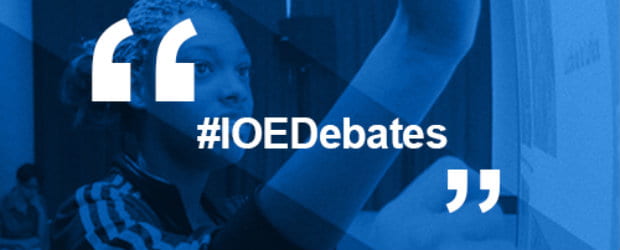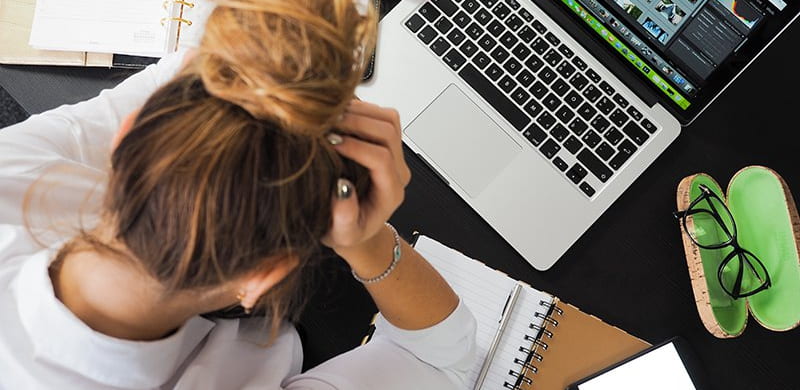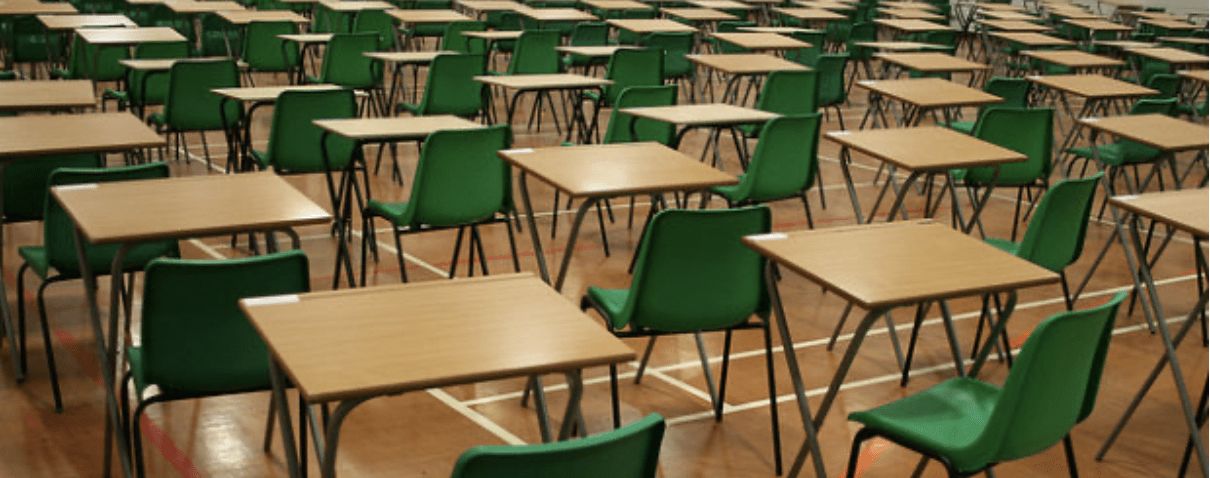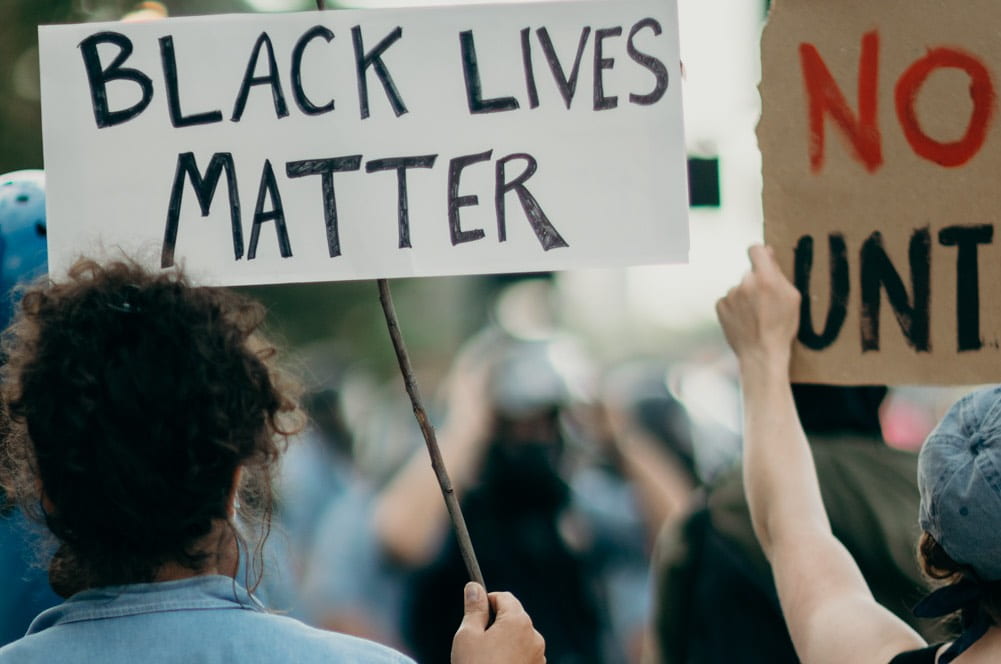Supporting parents through online programmes: now and into the future
By Blog Editor, IOE Digital, on 29 June 2020
By Jie Gao, Clare Brooks, Yuwei Xu, Eleanor Kitto
After nearly three months of lockdown, most of us crave human interaction. Indeed our experience of living and working virtually has taught many of us the value of face-to-face communication with real people. And yet, our systematic review on programmes designed for parents of young children suggests not only that online programmes offer effective ways to support parents, but that they are already extensively used to good effect.
Our systematic review of the research into programmes for parents of young children (0-6 years old) identified that effective parenting programmes often feature:
- Focused programme aims and purposes
- Clear theoretical frameworks
- A programme tailored around individual user needs
- Versatile means of delivery
- Useful programme contents
- High-quality teaching and facilitating
- Effective professional training for programme leaders and facilitators
- Constructive programme evaluation
Strikingly, the increasing use of technology and Internet-based parenting programmes stands out. Empirical reviews suggest that it has distinctive (more…)
 Close
Close











